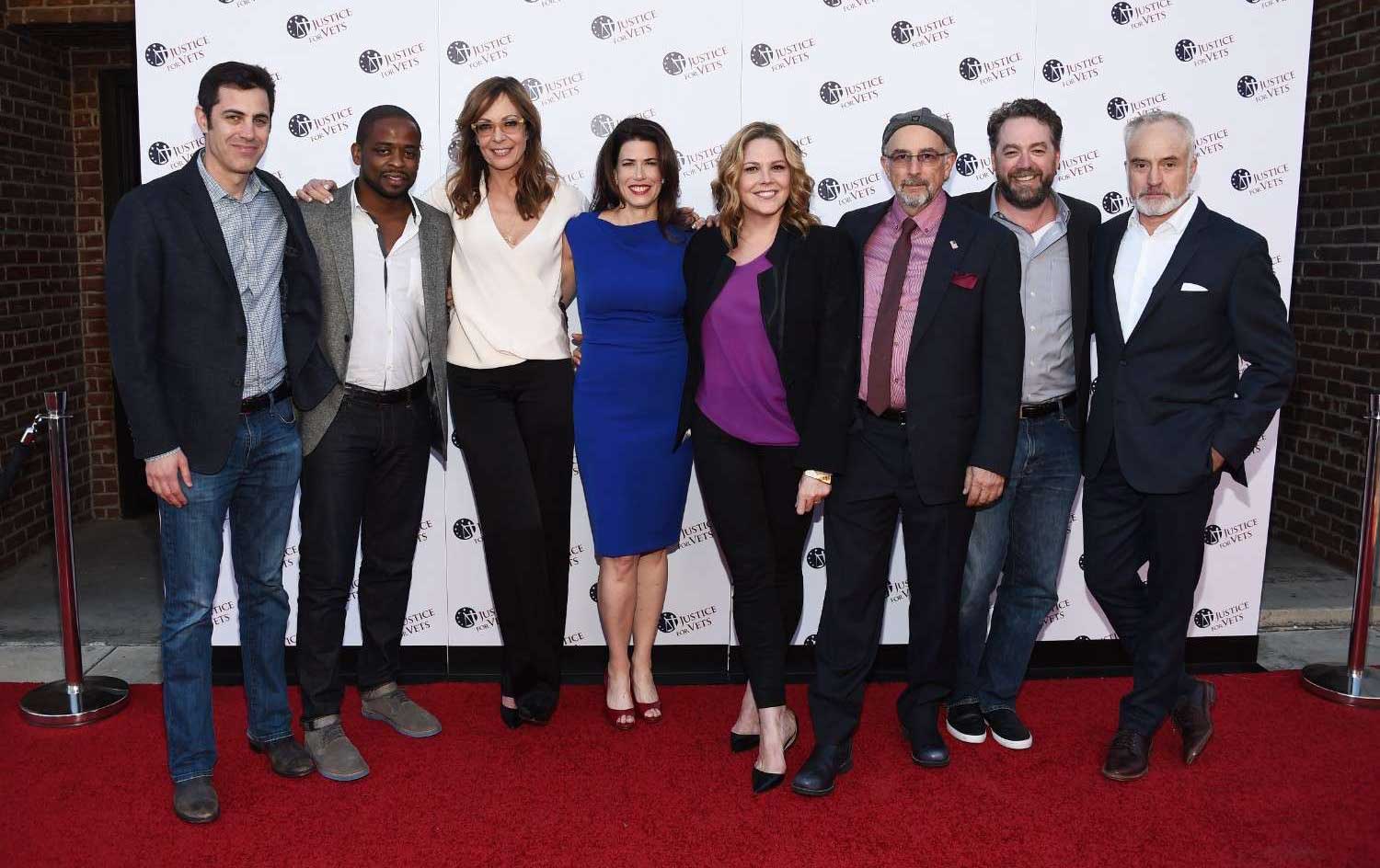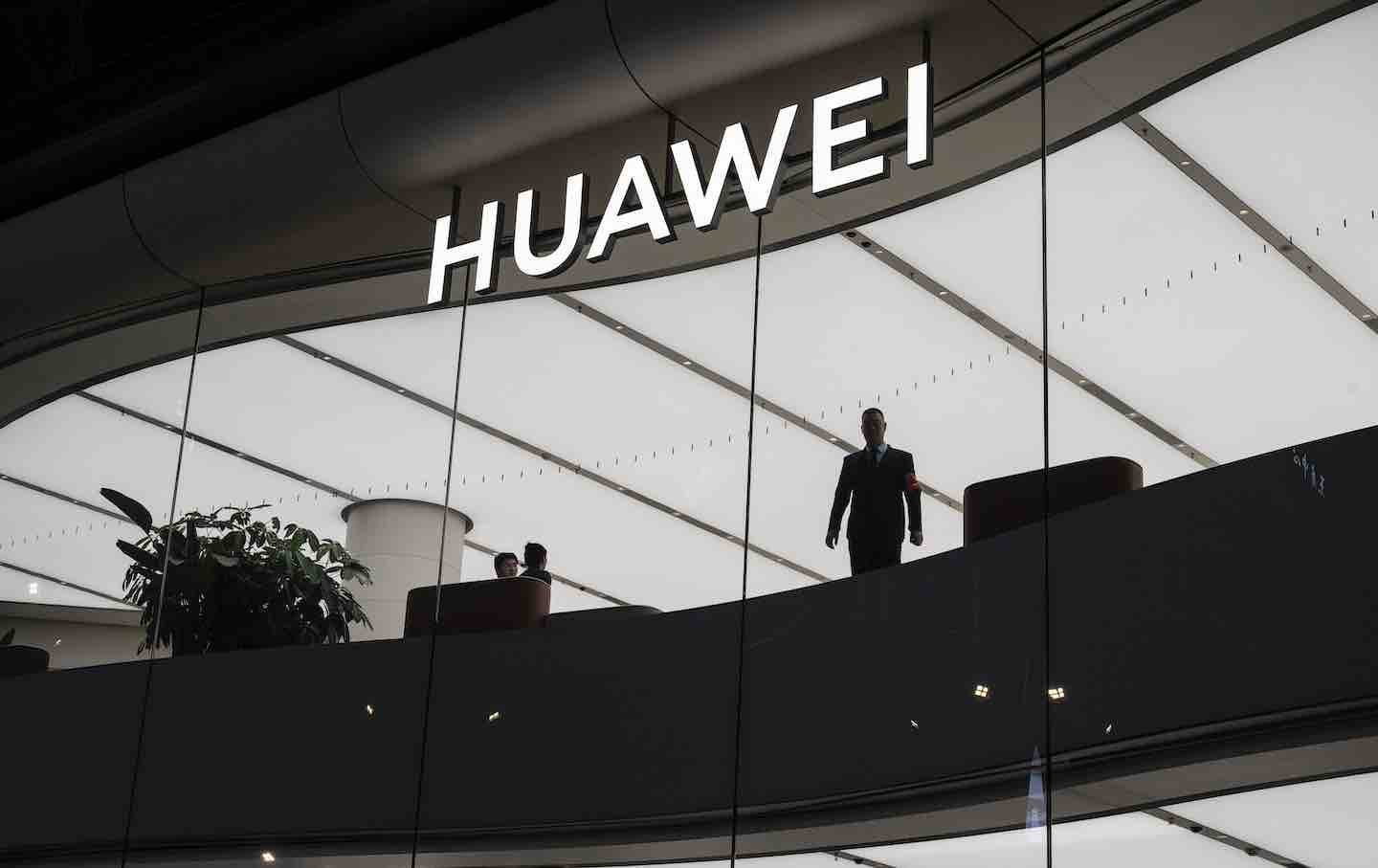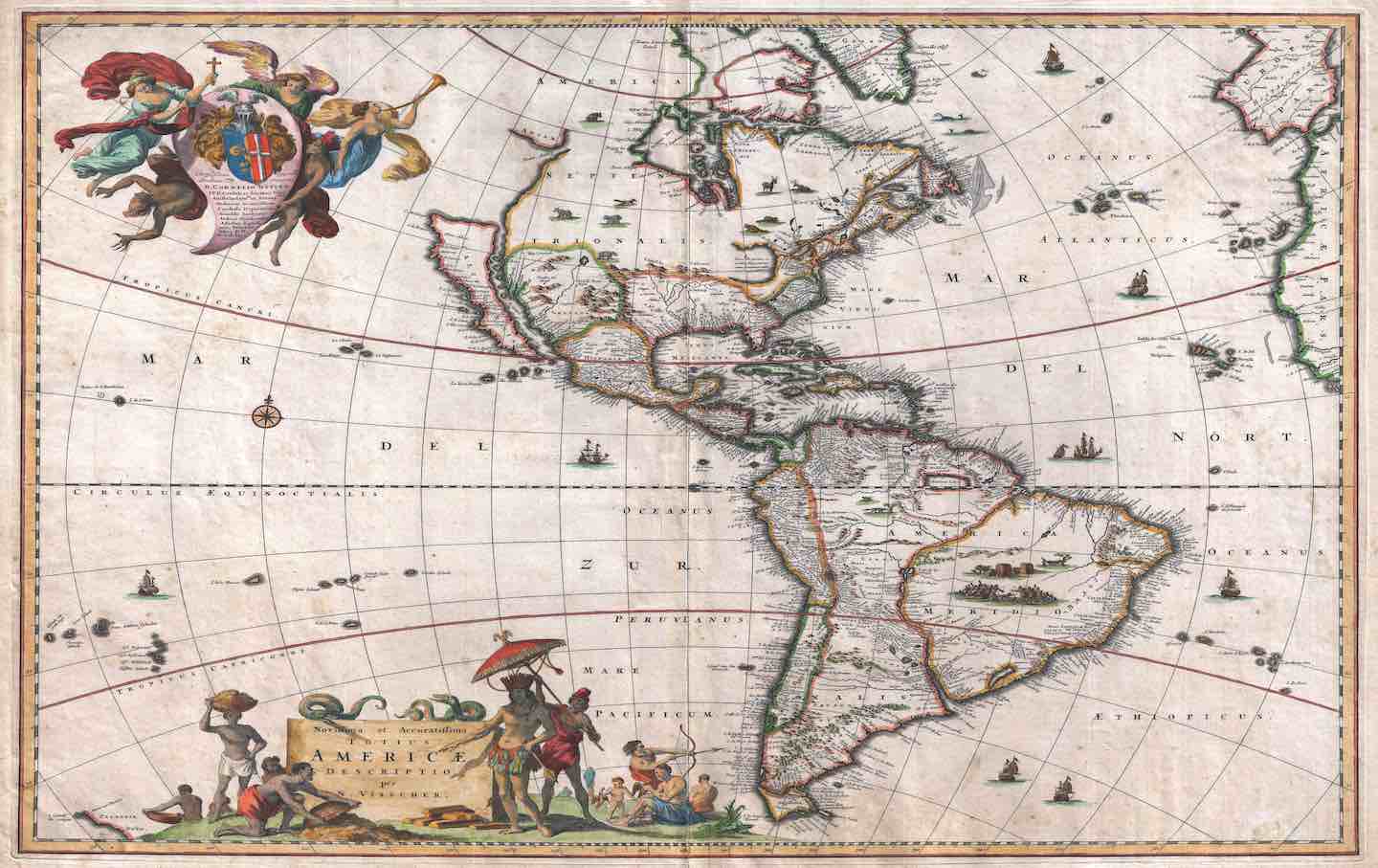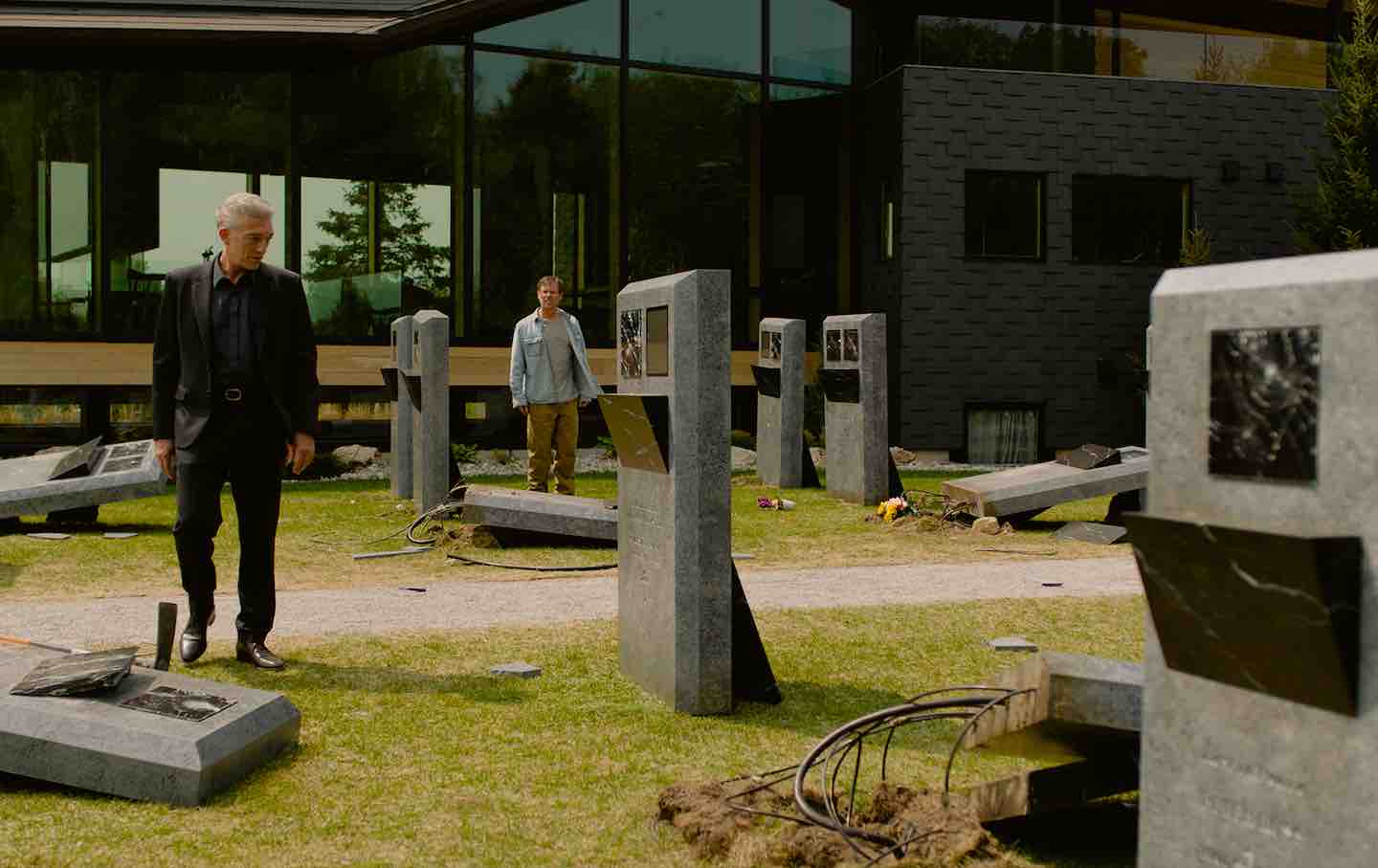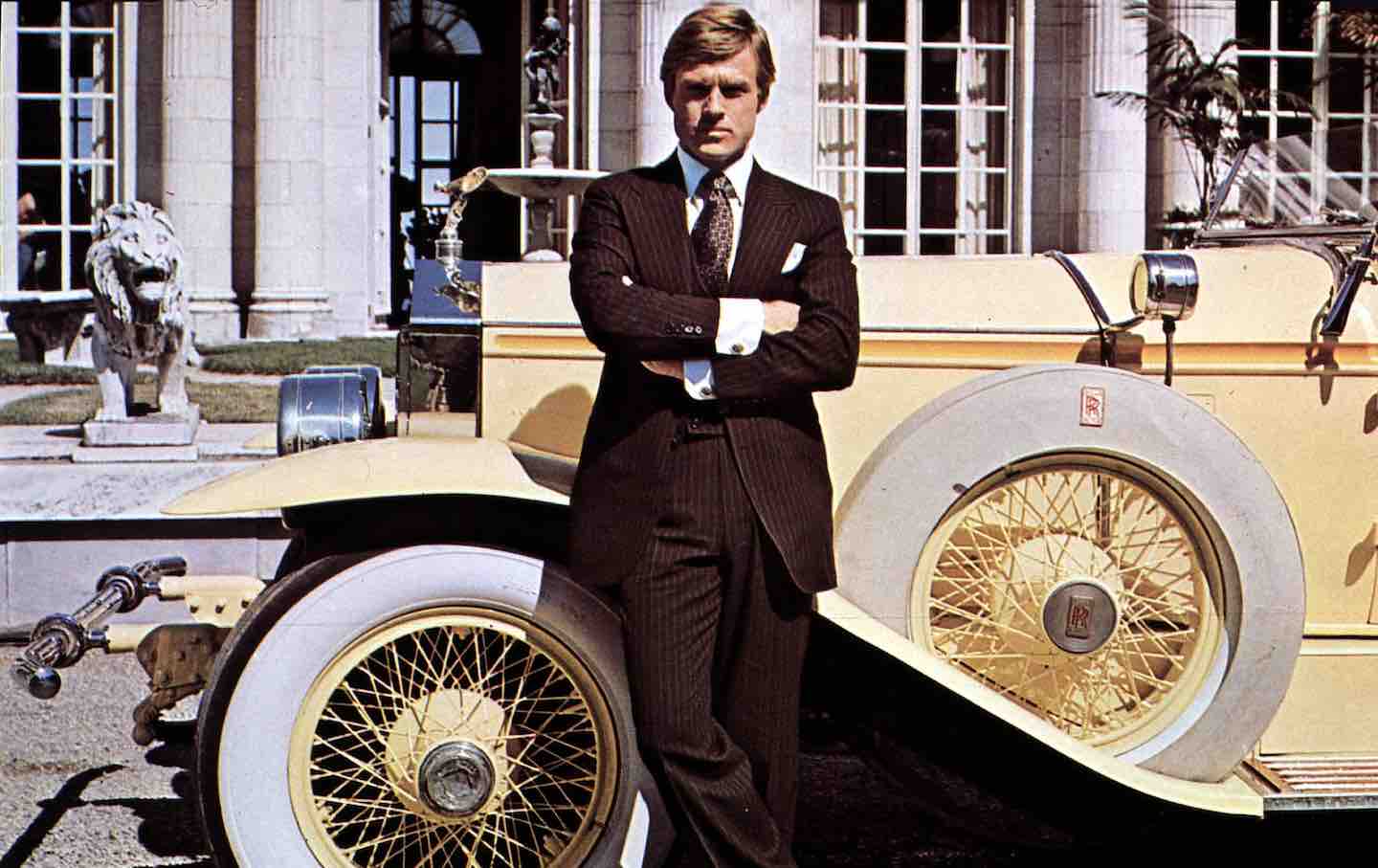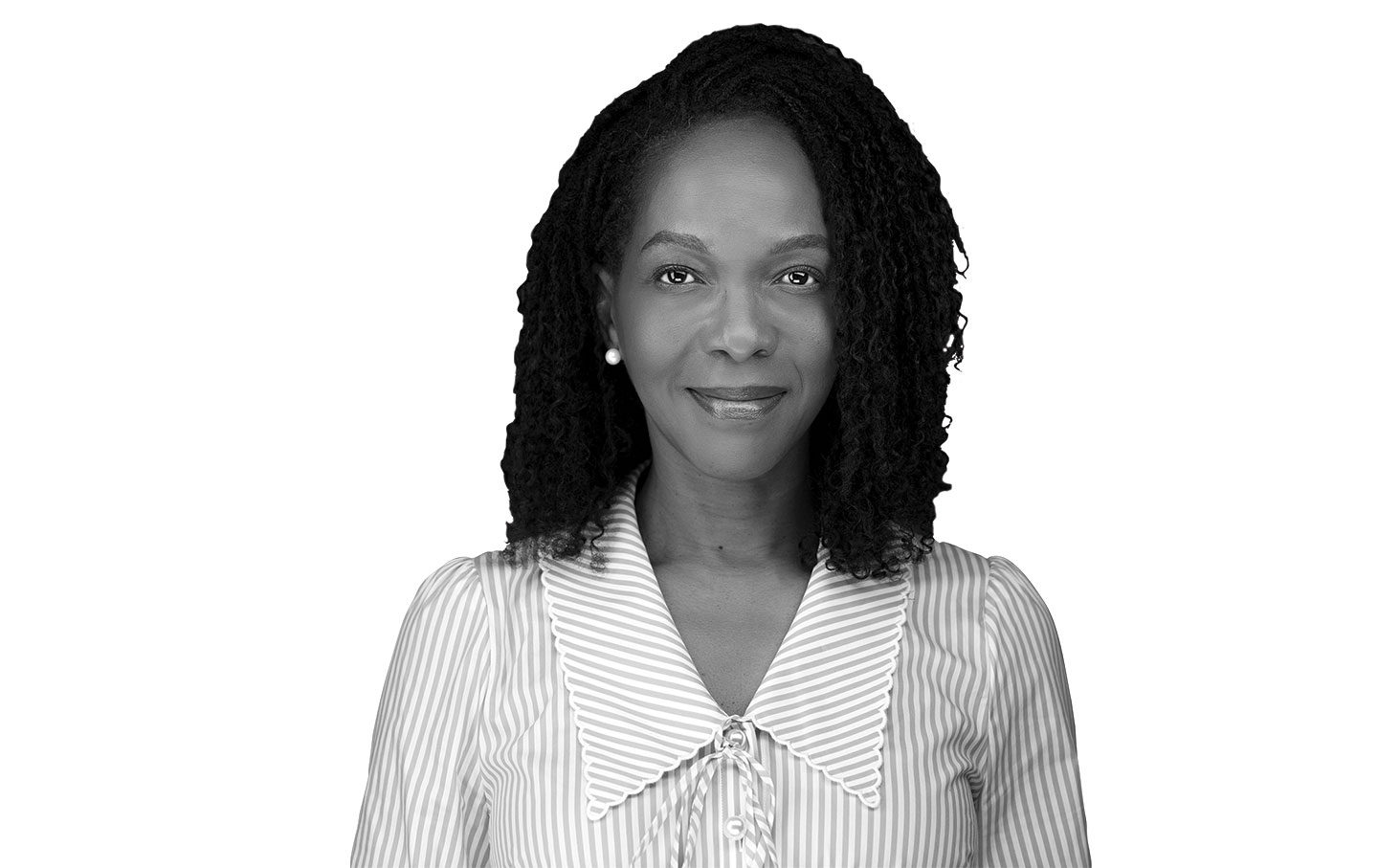Gazan Family Letters, 2092
1
Children feel petrified at night. Power outages most of the time. Grandfather has not left his room for 17 days. It all occurred when he looked at himself in the mirror. He could not believe he aged that much. Grandfather began to count the hairs on his head. Everything was white. We waited at his door outside and smelled something woody burning in his room. White and brownish smoke sneaked from beneath his old door. It was his cane.
2
Doves perch on the roof of our hen coop, guzzle water from rain puddles. In the neighborhood, ducks and hens pick what the wind has carried and laid on the earth: a seed, or a dried leaf, or a piece from a newspaper soaked in a child’s urine. Universities closed for a long time. Warplanes have damaged all roads, especially leading to hospitals. Mother still reads Quran every day and fasts on Mondays and Thursdays. Father plants eggplant and tomato seeds, while Mother watches through the door, muttering prayers hoping the seeds would sprout soon. Mother and Father usually share with neighbors what grows in the little garden.
And the neighbors pray, too.
3
As usual, our baby slowly opens the fridge door in the morning, grabs whatever he can carry in his small hands. He ambles down the stairs, sits in Grandma’s lap in the garden, then plays with the hose Grandpa uses to water his newly planted flowers. Did I tell you about his new flower plants? Damask rose, orchid, Aster, Black-eyed Susan, Calendula, and Marigold.
Our baby (he turns 3 next month) walks to our neighbor’s house, peeks inside to see who’s awake of the kids so he can share what he has in his small hands. Everyone’s still asleep. He returns home and waits until he hears the school bus. Out through the window, he watches the kids as they get off the bus. He walks down again and starts to mess with their bags.
4
Our neighbors sold their house. They loaded their furniture and books onto a truck, but they left the portrait of their grandfather hanging on the living room’s wall. I asked the old, wheel-chaired man, “Why did you do that?” and he said, “If we remove it, the whole house will crumple to the ground.”
5
My older brother has travelled to Europe to search for work. He is a bodybuilder. My brother has found a job. He now cleans streets and shops. Someone once asked him, “Why do you clean streets better than shops?” He said, “Because it’s where I sometimes have to sleep!”
6
I’m sorry I couldn’t send a letter for yesterday. I had trouble finding paper to write on, and I later realized my seven-year-old son had used up all of it. He had a dream the other day and tried a bunch of times to draw what he saw. He said it was a castle on the Mediterranean, but there was no water in the sea. A Coleridge of our bleak time.
7
I’ve been seeing a young man in our neighborhood dragging a suitcase. He’s never travelled before, and I think he doesn’t have the means to. I was told he lost his family in an airstrike.
I felt curious enough to ask him, “What’s inside your suitcase? It seems heavy. Why do you take it out with you every day?”
“I’m training myself to not miss my plane if I had travel. I never experienced such a thing. Inside my suitcase are some clothes of my father, mother, two sisters, and three brothers. I also have their shoes and slippers. The suitcase is their new home and I want to put it in a safe place. And I also have my father’s favorite books, mainly poetry books and short stories. He never had the chance to finish a novel. You know, wars and work.”
I looked around us and I could see the roads marred by the wheels of his suitcase. His house still remains a heap of rubble, like a fallen tent made of ragged cloth.
Hold the powerful to account by supporting The Nation
The chaos and cruelty of the Trump administration reaches new lows each week.
Trump’s catastrophic “Liberation Day” has wreaked havoc on the world economy and set up yet another constitutional crisis at home. Plainclothes officers continue to abduct university students off the streets. So-called “enemy aliens” are flown abroad to a mega prison against the orders of the courts. And Signalgate promises to be the first of many incompetence scandals that expose the brutal violence at the core of the American empire.
At a time when elite universities, powerful law firms, and influential media outlets are capitulating to Trump’s intimidation, The Nation is more determined than ever before to hold the powerful to account.
In just the last month, we’ve published reporting on how Trump outsources his mass deportation agenda to other countries, exposed the administration’s appeal to obscure laws to carry out its repressive agenda, and amplified the voices of brave student activists targeted by universities.
We also continue to tell the stories of those who fight back against Trump and Musk, whether on the streets in growing protest movements, in town halls across the country, or in critical state elections—like Wisconsin’s recent state Supreme Court race—that provide a model for resisting Trumpism and prove that Musk can’t buy our democracy.
This is the journalism that matters in 2025. But we can’t do this without you. As a reader-supported publication, we rely on the support of generous donors. Please, help make our essential independent journalism possible with a donation today.
In solidarity,
The Editors
The Nation

